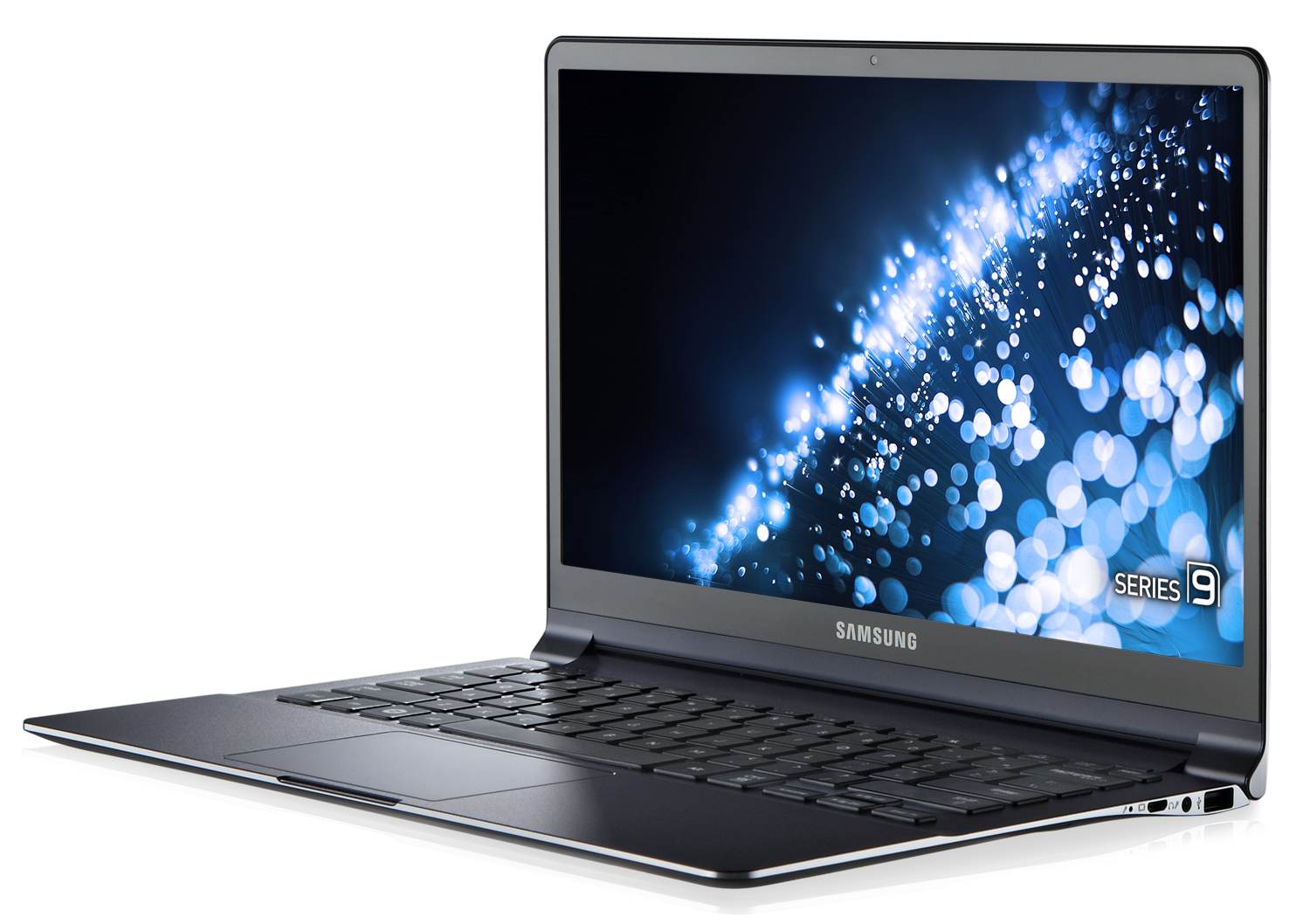Prismatic Lithium-Ion Battery to Become Notebook Standard?
Panasonic, Samsung and LG are pushing prismatic lithium-ion batteries to be the standard solution in notebooks and ultrabooks.
Unnamed industry sources are claiming that prismatic lithium-ion batteries (LIBs) are receiving full support from Japan-based Panasonic, and Korea-based Samsung SDI and LG. These three companies are expected to start pushing standardized solutions in the second half of 2012.
As it stands now, the notebook industry typically uses 18650 cylindrical batteries for the traditional, mainstream model. Ultrabooks and tablets usually feature customized LIBs that are small in size and can't be removed from the host device, thus allowing these two form factors to be super thin.
But prismatic LIBs are cheaper and extremely lightweight. It's believed that once these batteries are designed to be removable and become more commonly used in the mobile sector, penetration of prismatic LIBs in the battery market will start rising in 2013. Eventually prismatic LIBs will become the third-largest battery standard in the industry.
Sources said that Panasonic, Samsung SDI and LG have decided to launch prismatic LIBs with a size of 60-mm x 80-mm, and a thickness of 5 to 8-mm. Even more, Acer and Asustek Computer have already decided to adopt prismatic LIBs for their upcoming ultrabooks.
Intel has been a big proponent of prismatic LIBs in the notebook sector, but sources point out that battery cell makers will be the ones who ultimately set the new battery standard. Currently prismatic LIBs are about 25 to 30-percent cheaper compared to traditional LIBs with the same capacity. Prismatic LIBs are also 5-percent lighter in weight.
Last month sources claimed that Intel was to hold a meeting with Taiwan-based supply chain makers sometime in July to discuss ways in minimizing ultrabook production costs. Intel wants to reduce ultrabook prices down to $699 in the second half of 2012, feeling pressured by the $100 price reduction of Apple's MacBook Air featuring Ivy Bridge processors.
Sources said that one of the topics of discussion will be using fiberglass-reinforced plastic cases in place of expensive aluminum-alloy, and using the cheaper prismatic LIBs in place of the current Li-polymer batteries. Hybrid drives would also be considered as a cheaper alternative to costly SDDs.
Get Tom's Hardware's best news and in-depth reviews, straight to your inbox.

Kevin Parrish has over a decade of experience as a writer, editor, and product tester. His work focused on computer hardware, networking equipment, smartphones, tablets, gaming consoles, and other internet-connected devices. His work has appeared in Tom's Hardware, Tom's Guide, Maximum PC, Digital Trends, Android Authority, How-To Geek, Lifewire, and others.
-
nforce4max I am in all for it provided that battery life and performance is making progress over older battery tech such as being able to withstand greater numbers of charge and drain cycles. Second higher amp hour ratings for longer life before needing to be recharged. If the shell is extremely strong and less likely to be damaged physically if anything happens to not catch fire or explode that would be great over standard lithium polymer.Reply -
danwat1234 Yay, it's cheaper but can it attain higher energy densities for a given volume/weight?Reply
EDIT: Nope
From:http://batteryuniversity.com/learn/article/whats_the_best_battery
"The most economical Li-ion battery in terms of cost-to-energy ratio is the cylindrical 18650 cell. This cell is used for mobile computing and other applications that do not demand ultra-thin geometry. If a slimmer pack is required (thinner than 18 mm), the prismatic Li‑ion cell is the best choice. There are no gains in energy density over the 18650, however, the cost of obtaining the same energy may double.
For ultra-slim geometry (less than 4 mm), the only choice is Li‑ion polymer. This is the most expensive system in terms of cost-to-energy ratio. There are no gains in energy density and the durability is inferior to the rugged 18560 cell." -
bustapr i wouldve hoped more that they come up with a battery design with very close to 0% chance of exploding. Id like USPS to accept shipping them again since they are basically the only service vendors use for free shipping offers.Reply -
crapfacednoob ReplyHybrid drives would also be considered as a cheaper alternative to costly SDDs.
SSD.
Considering no battery life improvements are made, whats the point? -
hannibal So this will be cheaper, lighter and allso it would last shorter time than li-ion...Reply
This is not an upgrade! We want longer battery times, not shorter...
-
kcorp2003 I know window 8 on the Acer Aspire S7 give about 12 hours of battery life. But no one mention about prismatic LIBs. I want to have the ability to remove the battery if its busted later down the years and not scrap the entire laptop.Reply -
Well, I think the idea with the prismatic cells (non replaceable) is that would be lasting the lifetime of the product. Meaning that by the time you upgrade because your hardware is outdated, that is when the battery is at its end (3-5 years max). Let's face it, if your hardware is older then that, you are living in the modern stone ages.Reply
